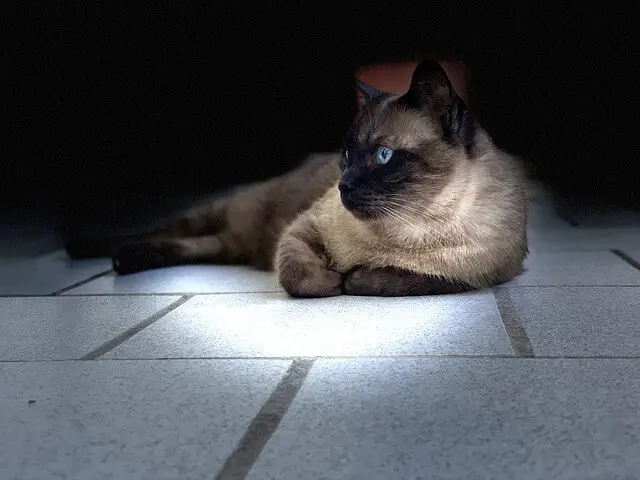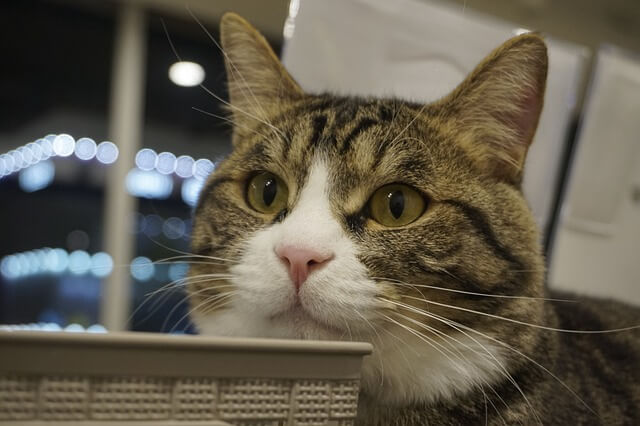Benadryl For Cats - Should You Use It?
20.01.2023.
Benadryl is an antihistamine medication that is mainly used to relieve allergy symptoms in humans, such as watery eyes, runny nose, sneezing, itching, and rash. Helping with allergies is Benadryl’s main role, but it is also widely used to treat cold symptoms, nausea, tremors, etc. It can be taken orally, injected into a vein, injected into a muscle, or applied to the skin through creams and/or gels.
Can you give cats Benadryl?
Although Benadryl is a medicine made for people, it is not unusual for vets to recommend Benadryl to help an animal. It is generally safe to give your cat Benadryl, but only under the direction of a veterinarian.
Also, kittens under 6 months old, senior cats, pregnant and lactating ones, and cats with heart disease, liver disease, high blood pressure (hypertension), history of seizures, asthma, glaucoma, intestinal agony, urinary tract disease, or hyperthyroidism should not be given Benadryl.
Mostly, veterinarians will recommend and prescribe Benadryl for skin conditions (allergies, pruritus, miliary dermatitis, etc.). It is also great to treat acute allergic reactions. Benadryl will help with itchiness that is caused by allergies in no time.
Often Benadryl is used to prevent allergic reactions to vaccines. Another positive side of this medicine is that it helps with nausea and can be really helpful with motion sickness (for example, from the car or boat rides).

How Does Benadryl Work?
Benadryl is an antihistamine, as said earlier, and it blocks histamine-1 (H1) receptors that the body releases during allergic reactions. By doing this, Benadryl helps alleviate allergy symptoms.
Why can the vet give your cat Benadryl?
If your cat is having mild allergic reactions, your veterinarian will probably prescribe your cat a certain dosage of Benadryl. Benadryl will almost always help with the symptoms. However, if your cat is having a severe allergic reaction, such as difficulty breathing or seizures, Benadryl may not help. If this happens, call your veterinarian immediately and take your dog to the vet clinic.
Except for allergy symptom alleviation, Benadryl is used to help with miliary dermatitis, pruritus, nausea, for response to bug and insect bites and stings, injections, and blood transfusions. It can also be used as a sleep aid.

What is the correct dosage for Benadryl in Cats?
The dosage for Benadryl in cats depends on the cat’s weight. A typical dose is 1-2 milligrams per pound (1 pound is 0.4536 kilograms) of body weight every 8-12 hours. It is recommended to be given every 8 hours to be the most effective. However, you should be very careful and always ask your veterinarian for directions and instructions on how much Benadryl you can give your cat because if your cat overdoses on Benadryl, it can be fatal.
It is good to know that Benadryl comes in pills or in liquid form. Benadryl pills come in 25-milligram doses, so you will need to carefully calculate the dosage depending on your cat's weight. If your cat weighs around 12 pounds, you need to cut the 25 mg pill in half, and if your cat weighs less, you need to quarter it.
If you have decided to give your dog Benadryl in liquid form, then your dose should match 0,4 milliliters per pound of the cat’s weight.
If you miss a dose, never give two doses at once. Forget about the missing dose, skip it, and give the next one when regularly scheduled.
Once again, be extra careful when dosing Benadryl for your cat. Overdose of Benadryl can result in seizures, coma, difficulty breathing, unconsciousness, and even death. Although a lethal scenario is extremely rare, and the dosage for this to happen needs to be really high, it is better to be safe than sorry.

Are there any side effects?
As with any other medicine, Benadryl also comes with possible side effects for your cat.
Some possible side effects are:
- Sleepiness
- Agitation
- Dry mouth
- Lack of appetite
- Diarrhea
- Vomiting
- Urine retention
These side effects usually will not show immediately after taking Benadryl. It can take an hour or two for symptoms of side effects to show, so it is important to monitor your cat closely after giving her Benadryl. If you notice any of these signs, stop giving Benadryl to your cat and call your veterinarian immediately.
World Cat Finder Team







Share